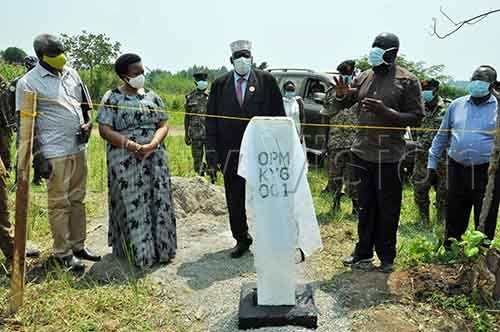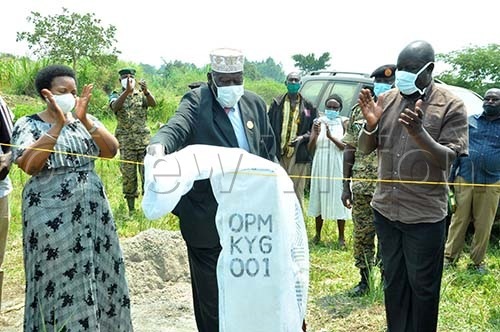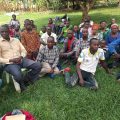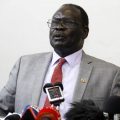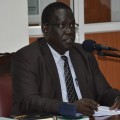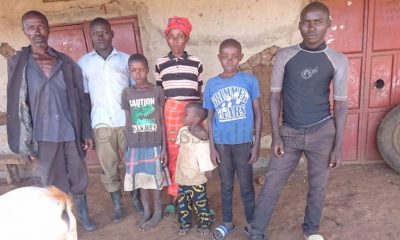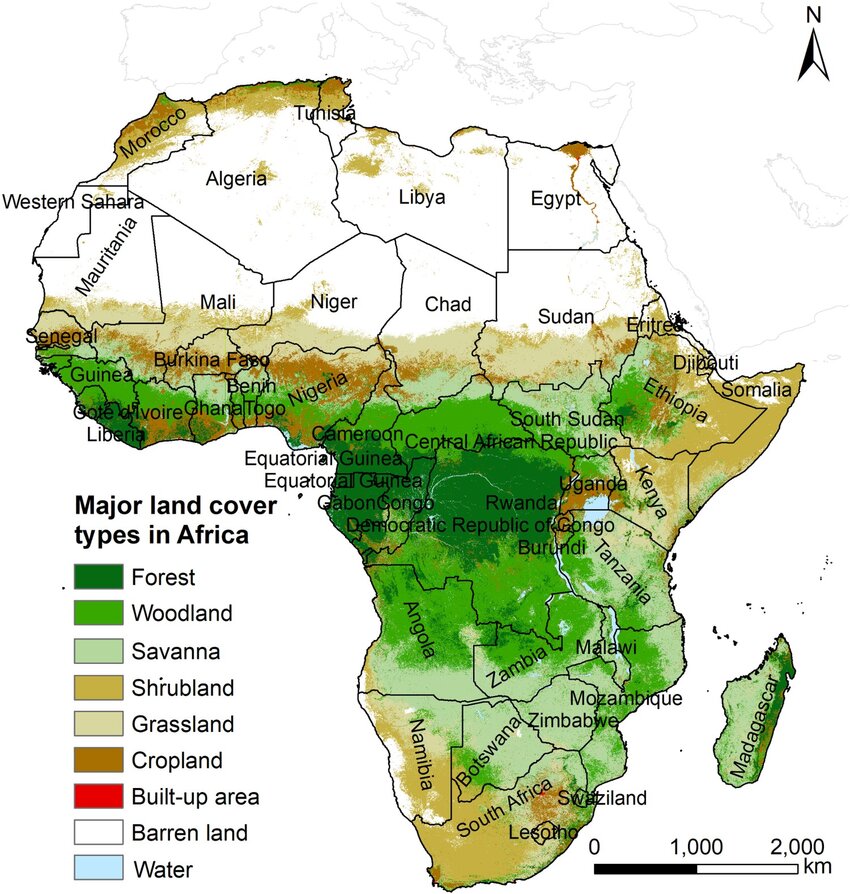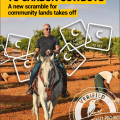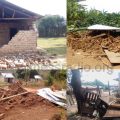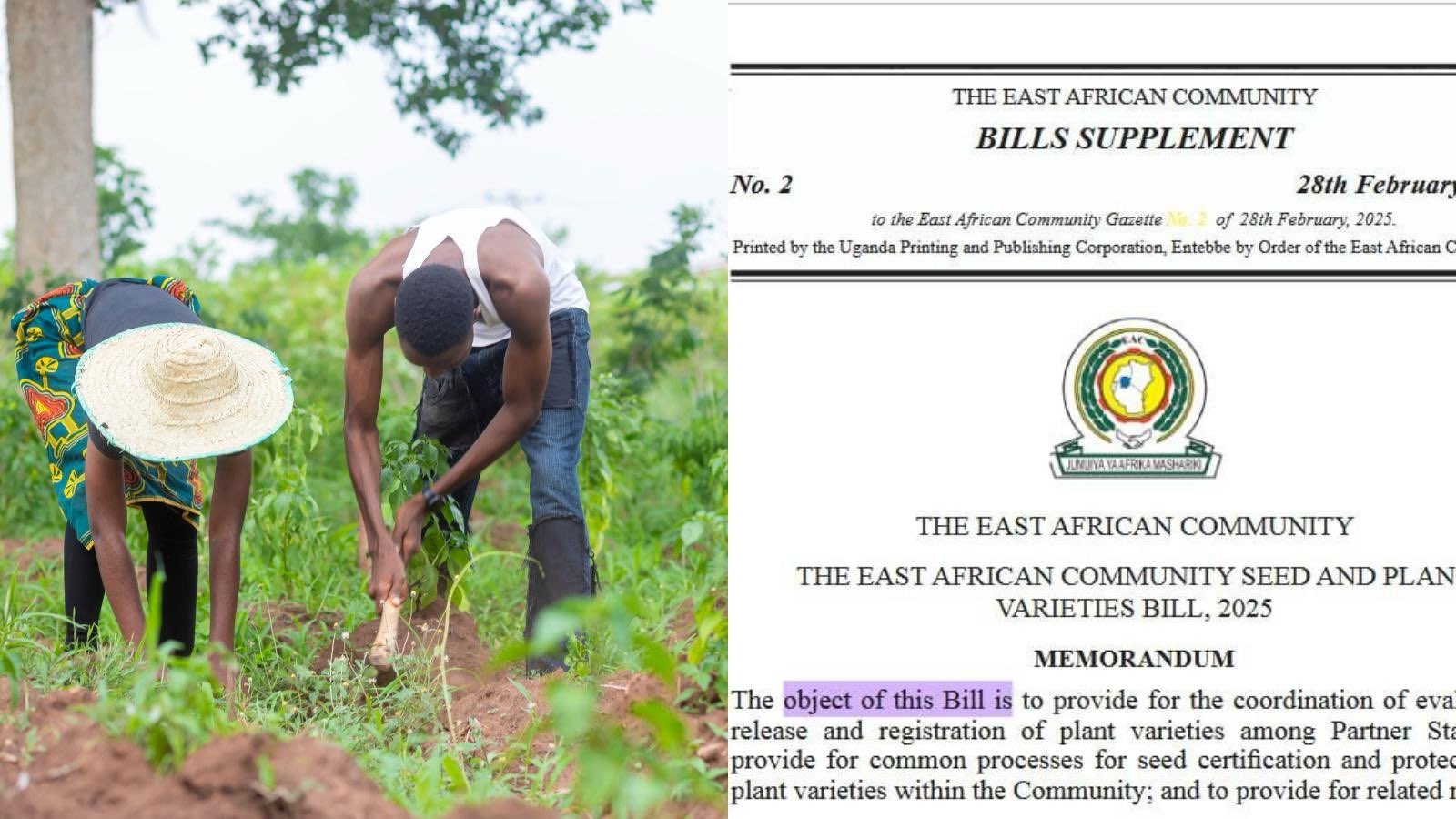By the Witness Radio team.
Despite the challenges, the community in Koch Parish, Nebbi Sub-County, in Nebbi District, near the Congolese border, has shown remarkable resilience. The Army seized approximately 100 acres of land, including private buildings, that members of the local Koch community had used for over 150 years to establish an Army barracks. Their resilience in the face of such a significant loss is genuinely inspiring.
The UPDF, as described on its website, is a nonpartisan force, national in character, patriotic, professional, disciplined, productive, and subordinate to the civilian authority as established under the constitution. Furthermore, it states that its primary interest is to protect Uganda and Africa at large, providing a safe and secure environment in which all Ugandan citizens can live and prosper.
However, according to a whistleblower, when the UPDF seized their land, no military chiefs offered prior communication, consultation, compensation, or resettlement. Instead, Uganda’s national Army only occupied people’s land forcefully, and not even the section commanders offered an official explanation.
“Citizens just woke up to a massive Army deployment in their fields,” wrote a whistleblower in an exchange with Witness Radio.
The occupied area in Koch Parish is not just a piece of land, but a home to the members of the Pangero chiefdom. This community belongs to the Alur kingdom, which spans north-western Congo and western Uganda, north of Lake Albert.
The reality and daily life of the Pangero community, which typically lives in a closely connected and communal manner, have been significantly impacted by the loss of both private and communal land. Not only is the cultural identity associated with land and community life at risk, but access to cultural sites, such as the graves of ancestors, is now denied.
Members of the local community who resisted the unlawful seizure of their land were reported to have been harassed and defamed. Despite these challenges, they continue to fight for their rights, making negotiations with the UPDF significantly more challenging.
Beyond the human suffering, the takeover also raises serious legal questions under Ugandan land law. Under Ugandan law, this action by the UPDF constitutes an illegal act. In principle, the government and, by extension, the Army are entitled to take over land if it is in the public interest, and are subject to fairly compensating the landowners.
However, this is subject to the condition that their intention is clearly communicated in advance and that negotiations take place with the previous residents, resulting in a mutual agreement on the necessary and appropriate compensation.
When faced with community resistance, the Army was compelled to conduct a survey and valuation of the land occupied by the UPDF in 2023 and 2024. However, land defenders in the area claim that the process was marred by irregularities in some cases, against the will and in the absence of many landowners.
“The community was also pressured by the Koch Land Committee responsible for the review. Despite that it was supposed to represent the local population, it was not democratically elected by consensus, as is tradition in Alur communities, and was comprised of an imposed elite.” A local defender told Witness Radio
At an announcement meeting facilitated by officials from the UPDF Land Board, their national surveyor, and the Commander of Koch Army Barracks on September 19, 2025, community members were compelled to sign documents for meager compensation for land that had been seized five years prior.
“Residents whose land was surveyed before were given two choices: To sell their land to the Army by accepting the offered compensation, or to refuse the UPDF’s offer. In the latter case, however, it would be necessary to contact the Army headquarters in Mbuya, which is far away, to assert one’s claims or submit a petition.” Says another defender. Despite signing for this money, as of the writing of this article, the community claims it had never received it, almost two months later.
Mr Opio Okech, who attended the meeting himself, disapproves that this equates to a forced decision to sell, as the further necessary measures seem almost impossible for those affected without legal knowledge or external support.
“The problem here from the government was to enter upon the land, stay for long without adequate awareness creation, then decide we are going nowhere. Come for compensation. This looks, smells, and walks like a forceful eviction, “he mentions.
The effects of forced land acquisition by the UPDF in Koch Parish pose a high risk of home and landlessness, rises in youth criminality, and recurring poverty, primarily affecting women and children. Furthermore, the dispersal of the traditional community of the Pangero chiefdom is most likely to result in a severe loss of cultural heritage.
The Ugandan government has a duty here to look after the needs of this traditional community beyond compensation. This could include providing alternative land on which the traditional communal way of life could continue.
Witness Radio had not received a response from Army spokesperson Mr. Felix Kulayigye regarding the land grab, despite several attempts. However, since the initial takeover in 2020, another land grab by the same agency is looming in the same Kochi community for the expansion of the Army barracks.
According to sources, the UPDF intends to acquire more than 1,000 acres in total, nearly half of Koch Parish, leaving residents in fear and uncertainty.
“People are now panicking because they have heard speculations that more land is being
targeted for expansion. They are concerned about the impunity of the national Army, since the land that was grabbed five years ago has not been paid for, and now there are reports that more than 1,000 acres of community land are being targeted.” Mr. Okello further revealed.
The fate of the Pangero chiefdom is not an isolated case. Across Uganda, communal lands belonging to traditional clans and kingdoms continue to face similar threats from investors and state actors. Although Ugandan law recognizes customary ownership, enforcement often remains weak, and those affected rarely have access to the information or resources needed to defend their rights.
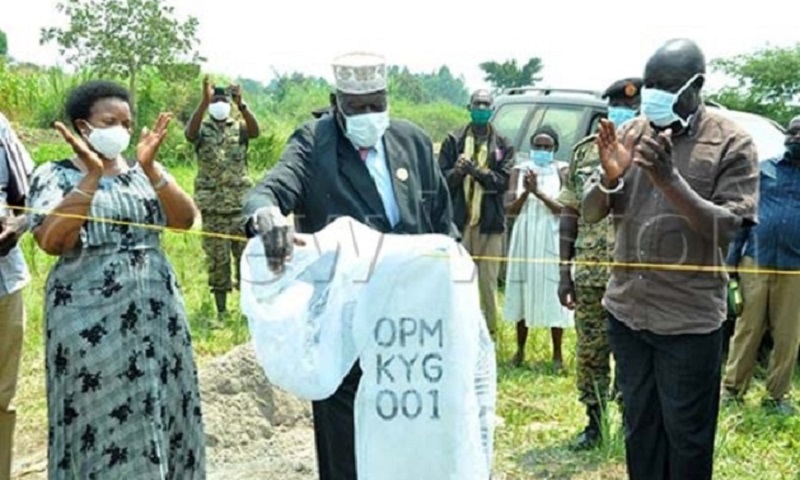

 MEDIA FOR CHANGE NETWORK2 weeks ago
MEDIA FOR CHANGE NETWORK2 weeks ago
 SPECIAL REPORTS AND PROJECTS2 weeks ago
SPECIAL REPORTS AND PROJECTS2 weeks ago
 MEDIA FOR CHANGE NETWORK3 days ago
MEDIA FOR CHANGE NETWORK3 days ago
 SPECIAL REPORTS AND PROJECTS2 weeks ago
SPECIAL REPORTS AND PROJECTS2 weeks ago
 MEDIA FOR CHANGE NETWORK2 weeks ago
MEDIA FOR CHANGE NETWORK2 weeks ago
 MEDIA FOR CHANGE NETWORK5 days ago
MEDIA FOR CHANGE NETWORK5 days ago
 MEDIA FOR CHANGE NETWORK3 days ago
MEDIA FOR CHANGE NETWORK3 days ago
 NGO WORK4 days ago
NGO WORK4 days ago
